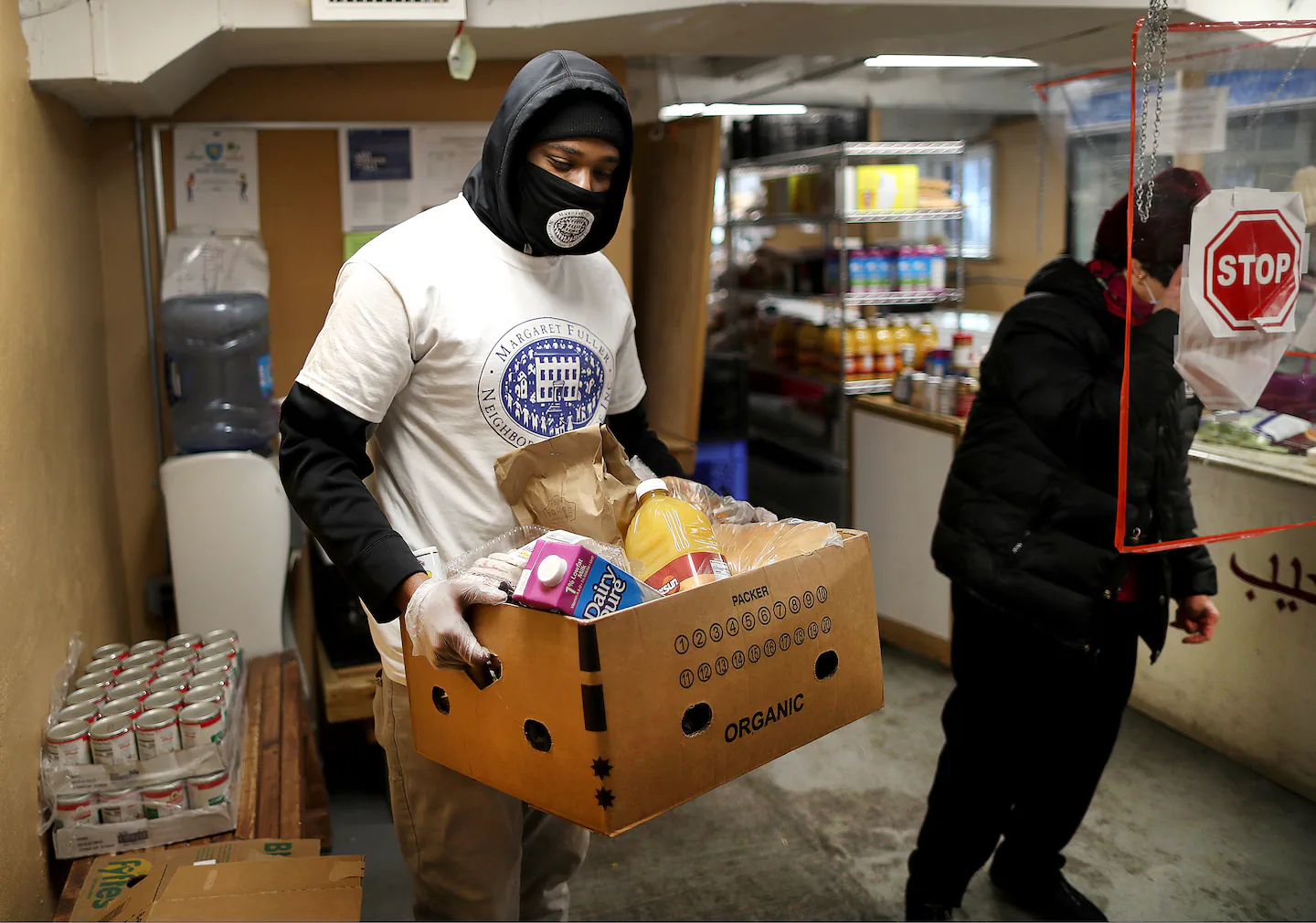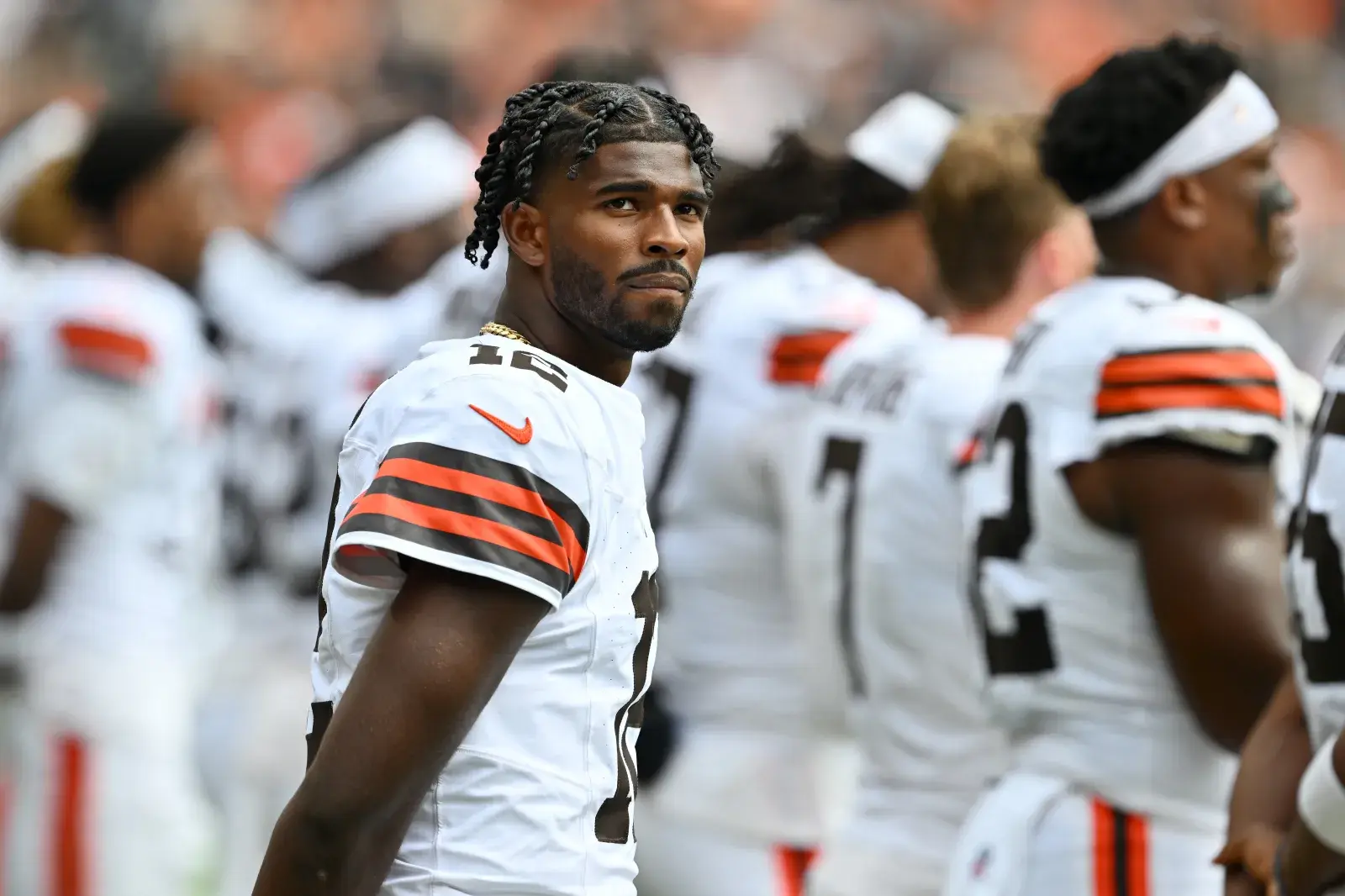Copyright The Boston Globe

It was still unclear when funding would be restored to the SNAP program and whether November benefits would be fully funded. “This is a really positive development, and it clearly shows that the administration was illegally withholding those funds to date,” said Victoria Negus, a policy advocate at the Massachusetts Law Reform Institute. The timeline for restoring funding is still vague, Negus said, but more should be known on Monday when the United States Department of Agriculture has to tell the court its plan. The Rhode Island case sought to restore SNAP benefits nationwide, but the Boston case only applies to the 24 states, including Massachusetts, that filed the lawsuit. In both cases, the plaintiffs sought orders to force the USDA to tap into contingency funds, including one specifically set aside for emergencies. However, that fund likely contains between $5 and 6 billion, which is not enough to pay for the full month of benefits at an estimated $8 billion, according to an analysis by the Center on Budget and Policy Priorities. The USDA previously said that the fund was reserved for emergencies such as natural disasters. Neither judge ordered the USDA to tap into other reserve funds to fully pay for November’s SNAP benefits, though Judge Indira Talwani in Boston said the USDA has until Monday to report whether they will fully fund the program this month. This means families could receive partial payments, unless the government reopens. “Let’s say it’s a 50 percent partial payment. That’s like 160 bucks,” Negus said, from the average $323 per household in monthly benefits. “That is a big deal for families who, right now, are getting nothing, but it is woefully insufficient to meet the dire needs that families with no or extremely low income face to put food on the table.” Lawyers for the administration have argued the government simply does not have access to those contingency funds. On Friday, President Trump said on social media that he directed lawyers to “ask the Court to clarify how we can legally fund SNAP as soon as possible.” The White House did not respond on Saturday to a request for additional comment. Because benefits are distributed across 10 days in Massachusetts, approximately 10 percent of state SNAP recipients did not receive November benefits from the federal program on Saturday, Negus said. Tomorrow, unless the shutdown ends or funding is restored, another 10 percent will not receive benefits. Each day without funding causes hardship for families that rely on SNAP, advocates said, and food pantries are already facing tough decisions. For Stephan James, a resident of Belmont, a SNAP recipient visiting the Margaret Fuller Neighborhood House food pantry on Saturday, the anxiety is overwhelming. “Sometimes it’s hard to sleep at night, you know, wondering where my next meal is going to come from,” he said. James said he tries to stop by the food pantry three times a month, and luckily got two meat options on Saturday’s visit. The Margaret Fuller Neighborhood House, which sets up its food pantry like a grocery store, noticed an uptick over the past week. Its CEO Selvin Chambers said people were lined up outside when he arrived at 9 a.m., an hour before the food pantry opens up. Alicia McCabe, director of strategic programs and operations, said when she placed her weekly order with the Greater Boston Food Bank, which provides the pantry with about 7,500 pounds of food each week, there were no free meat options. On Saturday, she left tuna in the back room, just in case no meat options come through ahead of the pantry’s Thanksgiving distribution next week. “There’s so much uncertainty”, McCabe said. ”I think people are just fearing that there will be a shortage of food that they can afford." According to Emily Broad Leib, Harvard University’s Faculty Director of the Center for Health Law and Policy Innovation, the situation is “unprecedented,” marking the first shutdown in which the USDA has not proactively shifted internal resources to maintain benefit payments. “Congress had set aside money for emergencies where extra money was needed for SNAP because it was so important,” Broad Leib said. “People need food, we can’t let people go without food when they need it.” Officials have indicated that disbursing funds will take time, given the shortfall and uncertainty over how to distribute partial benefits. “There’s definitely going to be at least a delay,” Broad Leib said, adding that the courts may need to provide further guidance if the agency does not act quickly. In the meantime, states and local governments have scrambled to make up for the shortfall. Several states have begun deploying their own funds, either to directly support SNAP recipients or to bolster food banks and emergency pantries that serve those populations. In Massachusetts, Gov. Maura Healey recently committed an additional $4 million to local food banks, effectively doubling the state’s usual monthly contribution. In a statement Friday, Healey said that the federal judge’s ruling, “confirms what we have known all along – Donald Trump has the funds to continue paying SNAP benefits, but he has been choosing to force millions of Americans to go hungry.” Food banks have stressed that they cannot fill the gap if SNAP benefits are delayed for long. “With every passing day without federal SNAP benefits in November, one million people in Massachusetts will not have the means to put enough food on their table to feed themselves, their children, and grandchildren,” said Andrew Morehouse, executive director of the Food Bank of Western Massachusetts, in an email. “What does this say about our country?” Timing is everything for families who rely on SNAP to cover food costs, said Negus, the policy advocate at Massachusetts Law Reform Institute. Still, she estimated that restoring funding would happen in a matter of days, not weeks. “We just don’t know yet how much harm reduction these two very positive court decisions will bring because we don’t have a sense of timeline,” Negus said. “Families can’t eat retroactively.”



